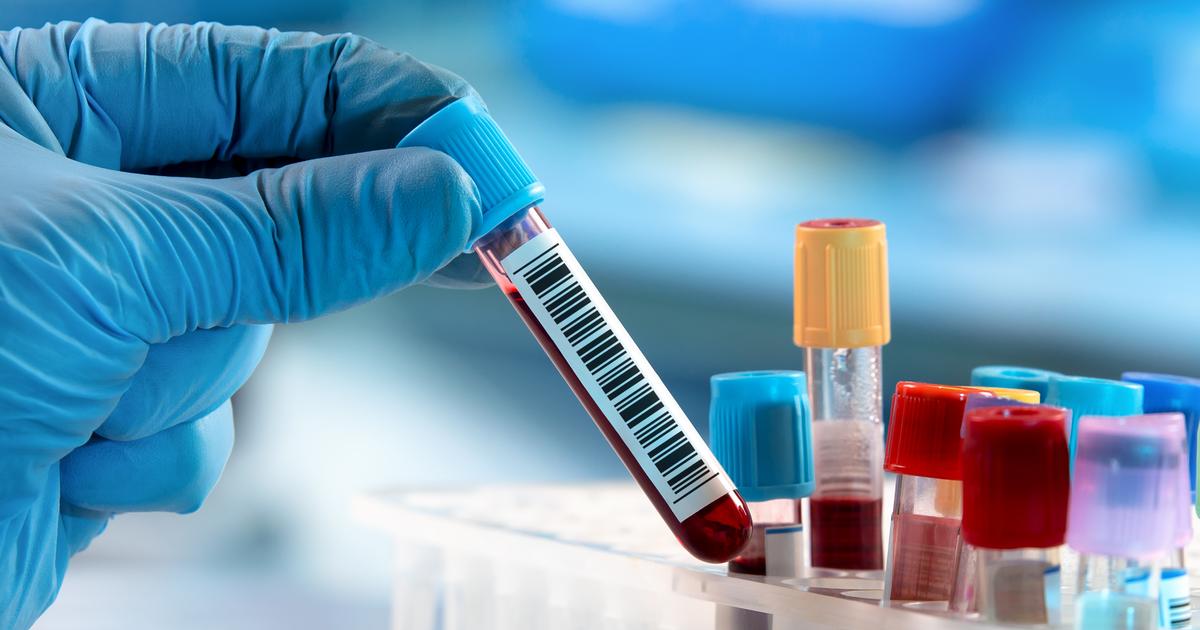Guide To Common Blood Tests
Blood tests are performed to measure the levels of certain substances in the blood and detect disease. The tests involve taking a sample of blood from the patient. In most cases, a nurse or phlebotomist will perform them. The entire procedure takes around three minutes to complete. After cleaning the skin, the technician places a needle into a vein in the patient's arm or hand to withdraw the sample. Certain blood tests can also be completed using a fingerstick method. A laboratory analyzes the sample, and the patient is typically informed of the results within a week.
Some patients may request a prescription topical numbing cream that can be applied to the skin a few hours before the blood test to make it more comfortable. Using cold spray can help minimize pain as well. Blood tests before surgery and in emergency settings are common. Routine checkups include blood tests to diagnose many conditions. Blood tests are often the first step in devising an effective treatment plan. For instance, they may reveal a nutritional deficiency that requires supplements, such as iron or vitamin B12 supplements. Of course, it is vital for patients to understand the common blood tests and their function.
Complete Blood Count

A complete blood count measures the patient's levels of ten different parts that make up whole blood. These parts include the white blood cells, red blood cells, platelets, hemoglobin, and hematocrit. Complete blood counts are used to check if the body is making a healthy number of each of these cells. They can help doctors identify dehydration, infection, internal bleeding, and blood clotting issues. This type of blood test is also used to detect nutritional deficiencies, including in iron and B vitamins. The results can assist doctors in evaluating the patient for potential bone marrow problems, heart conditions, and cancers. If abnormalities are discovered, patients may need additional blood tests or imaging studies to determine the underlying cause.
